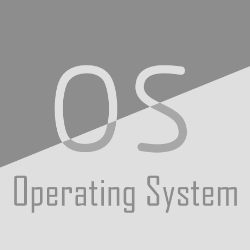
Fixed-point iteration algorithms like RTA (response time analysis) and QPA (quick processor-demand analysis) are arguably the most popular ways of solving schedulability problems for preemptive uniprocessor FP (fixed-priority) and EDF (earliest-deadline-first) systems. Several IP (integer program) formulations have also been proposed for these problems but it is unclear whether the algorithms for solving these formulations are related to RTA and QPA. By discovering connections between the problems and the algorithms, we show that RTA and QPA are, in fact, suboptimal cutting-plane algorithms for specific IP formulations of FP and EDF schedulability. We propose optimal cutting-plane algorithms for these IP formulations; clearly, these new schedulability tests have better convergence rates than RTA and QPA. We compare the new tests with RTA and QPA on large collections of synthetic task sets to gauge the improvement in convergence rates.
翻译:固定点迭代算法,如RTA(反应时间分析)和QPA(快速处理器-需求分析)等固定点迭代算法,可以说是解决预防性单处理器FP(固定优先)和EDF(原始-死线-先行)系统的定时性问题的最流行方法。也为这些问题提出了几种IP(内插程序)配方,但不清楚解决这些配方的算法是否与RTA和QPA有关。通过发现问题与算法之间的联系,我们发现RTA和QPA是实际为PF和EDF的具体的IP配方(固定优先)和EDFS(原始-死线-先行)的次优化切换机算法。我们为这些IP配方提出了最佳切换算法;显然,这些新的定时性试验比RTA和QPA的合用率要好。我们比较了对大量合成任务集集进行的新测试与RTA和QPA,以衡量趋同率的改进。

